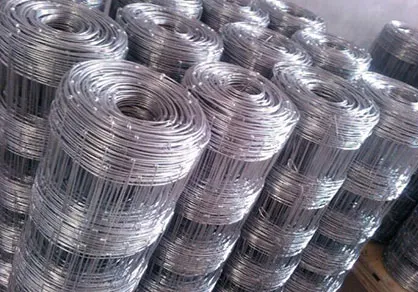Understanding Typical Drywall Screw Lengths A Comprehensive Guide
When it comes to drywall installation, selecting the right screw length is crucial for achieving a sturdy and long-lasting finish. Drywall screws are specifically designed to attach drywall sheets to wooden or metal studs, and understanding the typical lengths available can help you make informed decisions for your project. In this article, we will explore the common lengths of drywall screws, factors to consider when choosing them, and tips for proper installation.
Common Lengths of Drywall Screws
Drywall screws come in various lengths to accommodate different thicknesses of drywall and the type of framework they are being attached to. The most typical lengths for drywall screws are
1. 1-1/4 inches (32 mm) This length is generally used for securing 1/2 inch thick drywall to wooden studs. It provides enough penetration to ensure a strong hold without protruding excessively through the back of the stud.
2. 1-5/8 inches (41 mm) Ideal for attaching 5/8 inch thick drywall to wooden studs, this length offers a balance of strength and ease of installation. It also works well when the drywall needs to be secured to multiple layers of material.
3. 2 inches (51 mm) When working with thicker materials or in situations requiring additional holding power, 2-inch screws are commonly used. They are suitable for thicker drywall or in applications where greater screw depth is needed for optimal anchoring.
4. 2-1/2 inches (64 mm) This length is less common for standard drywall applications but can be utilized in cases where additional strength is required, such as when drywall is mounted on wider framing or used in specific commercial applications.
Factors to Consider When Choosing Screw Length
When selecting the appropriate drywall screw length, several factors should be taken into account
- Drywall Thickness The most important consideration is the thickness of the drywall being used. For standard 1/2 inch drywall, shorter screws are sufficient, while 5/8 inch drywall typically requires longer screws.
typical drywall screw length

- Stud Material The type of framing (wood vs. metal) can also affect your choice. When fastening to metal studs, make sure to use self-tapping drywall screws designed specifically for that purpose.
- Load Requirements If the wall will support heavy objects, such as shelves or cabinetry, opt for longer screws that provide more anchoring strength.
- Installation Technique Different techniques, such as the angle of screw placement or the method of installation (screwing vs. nailing), can also influence which screw length is appropriate.
Installation Tips for Drywall Screws
1. Use a Drill For faster and more efficient installation, use a power drill with a drywall bit. This will help you drive screws quickly and uniformly.
2. Countersink the Screws The heads of the screws should be slightly recessed below the surface of the drywall to facilitate smooth finishing. This can be achieved by adjusting the drill's clutch settings.
3. Space Your Screws Follow recommended spacing guidelines, typically placing screws every 16 inches along the studs for maximum stability.
4. Check for Stability After installation, make sure the screws are secure and that the drywall is properly attached without any sagging.
Conclusion
In summary, understanding the typical lengths of drywall screws and the factors involved in selecting the appropriate size is essential for successful drywall installation. With a variety of lengths available, from 1-1/4 inches to 2-1/2 inches, choosing the right screw can significantly affect the integrity and finish of your project. By keeping these guidelines in mind and employing proper installation techniques, you can ensure a strong and reliable drywall application that stands the test of time. Whether you’re a DIY enthusiast or a professional contractor, selecting the right drywall screws will help achieve optimal results in your construction endeavors.

















